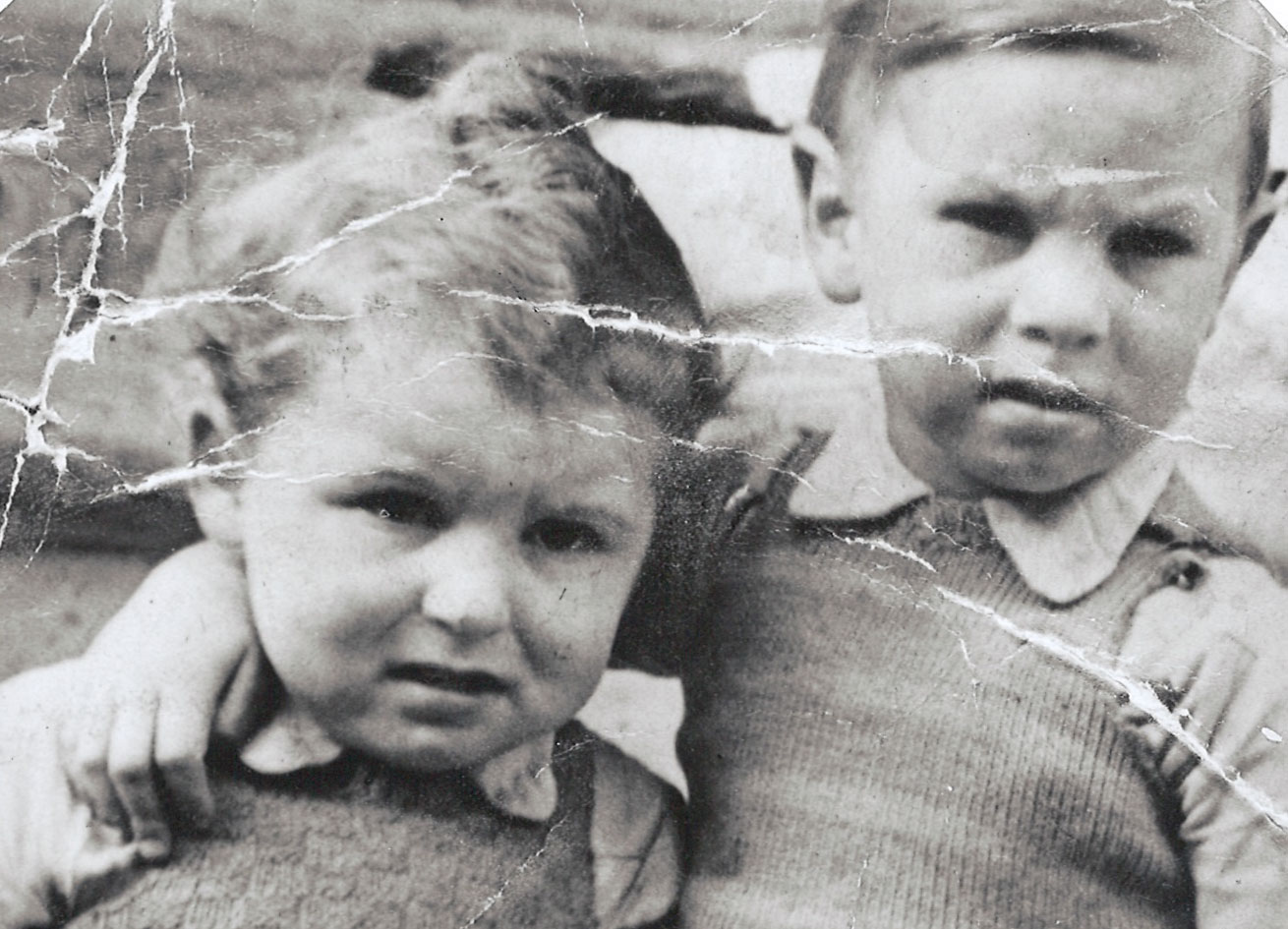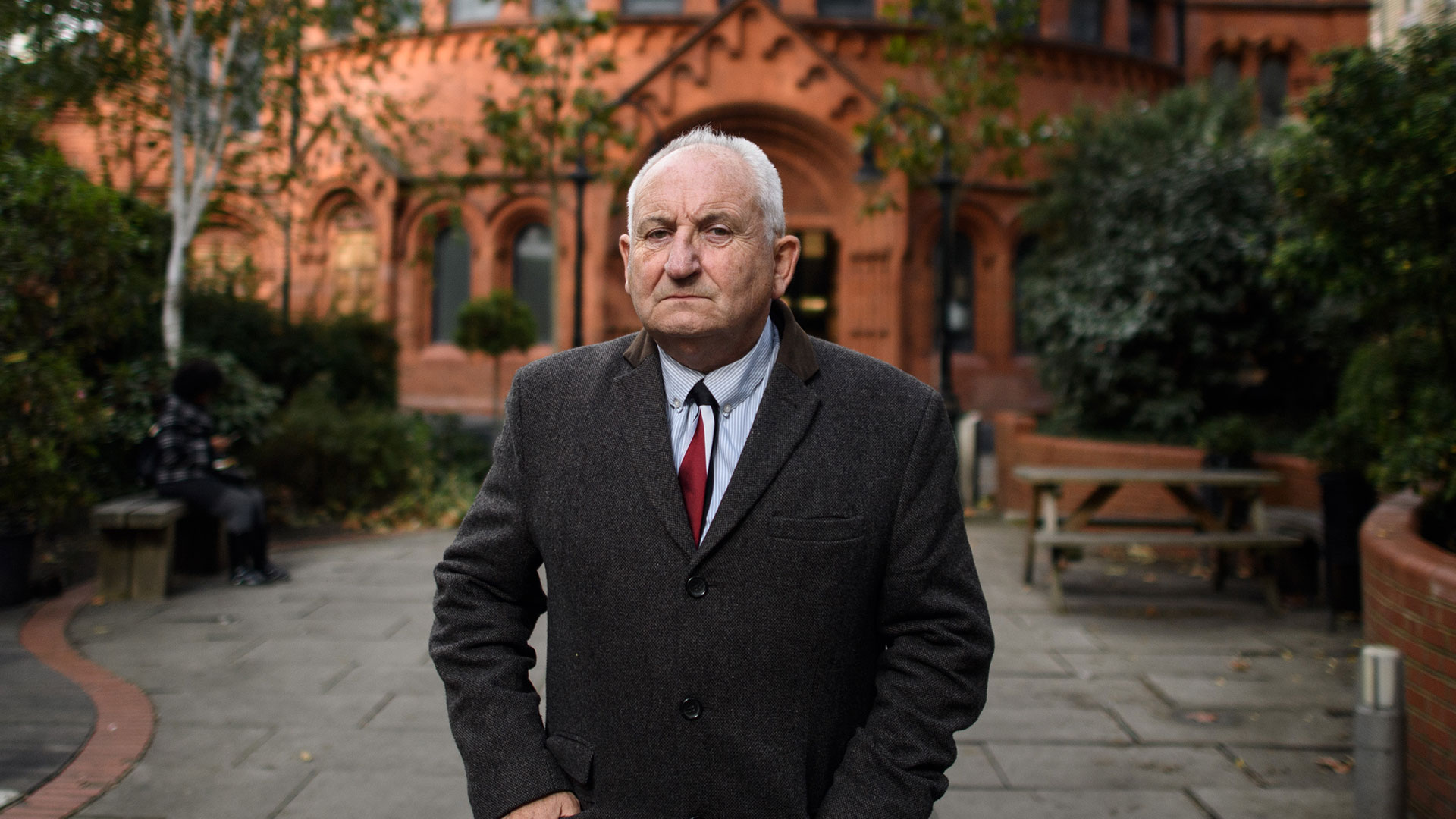Everything conceivable was done for him other than to stop him killing himself. Prevention did not come in, and did not even get a look in. So much was done to obviate his death other than to stop him doing himself grave injury each day of his life.
Prevention, the best of all cures, did not exist in the doctor’s surgery, or in the outpatients departments, or the intensive cares or operating theatres he passed through. The NHS operated like fielders chasing the cricket ball and trying to catch it wherever it went. And they were bound to drop the ball some time. Ducking and diving, bobbing and weaving, Patrick Finbarr Bird was leading the doctors and nurses, surgeons and physiotherapists a rare dance. And yet he never stood a chance against himself.
To me my brother’s life is a lesson in why we need to prevent rather than cure. Why we need to put the smart money on preventing the mental self-destruction that ate up one of my brothers’ lives, and has eaten into others, including my own. How a blitzkrieg on the mentality that grows among our poorest is where we need to start much of our work.
I take a personal interest in prevention. Patrick would have needed medical help, but it would not have done him in if he had developed as much skill in helping himself that he developed in killing himself.
Unless tomorrow is increasingly about prevention then the NHS will never reach its true potential of ridding us of diseases that we die from, and malfunctions we are born with. It is so awash with people like my brother who did not do the right thing about their bodies. And because the NHS is the greatest social invention our world has ever produced, it will always play fielder to whatever wobbly ball it’s thrown.
But prevention needs to happen in all parts of society and at all levels of government. That is why we have called for prevention to be put at the heart of this coming election. Brexit may be the form it takes but actually reinventing health and social support is the essence of what this election is truly about.
If we fail circa 30 per cent of our children at school, and they become the unhealthy, the unskilled, the unsocial, then we need to look again at what school that goes wrong does to all of us.
It fills our lives full of the contradictions of violence and crime and disorder that we then have to deal with.
If all government departments followed the example of looking at how to prevent – as the NHS is now moving inexorably towards – then we would be moving towards a brighter future. As I mentioned in the Lords the other day, the NHS now spends over four per cent of its budget on preventative measures, and it will increase with time. This is a sign of increasing awareness of how cure need never happen if prevention rings true.
Last week saw World Malaria Day. Forty years ago we almost cured it worldwide. But the preventative eye was taken off the malarial rabbit, and it’s taken us these last 40 years to get back to where we were then.
Let us demand that prevention is put at the heart of this General Election; for we know it makes sense. And as for all of that self-destructive urge that cohabits around drink and drugs and cigarettes, education and social education will not be wasted in this area. Dismantling poverty though will do more than anything. And getting rid of poverty must start with preventing it.










